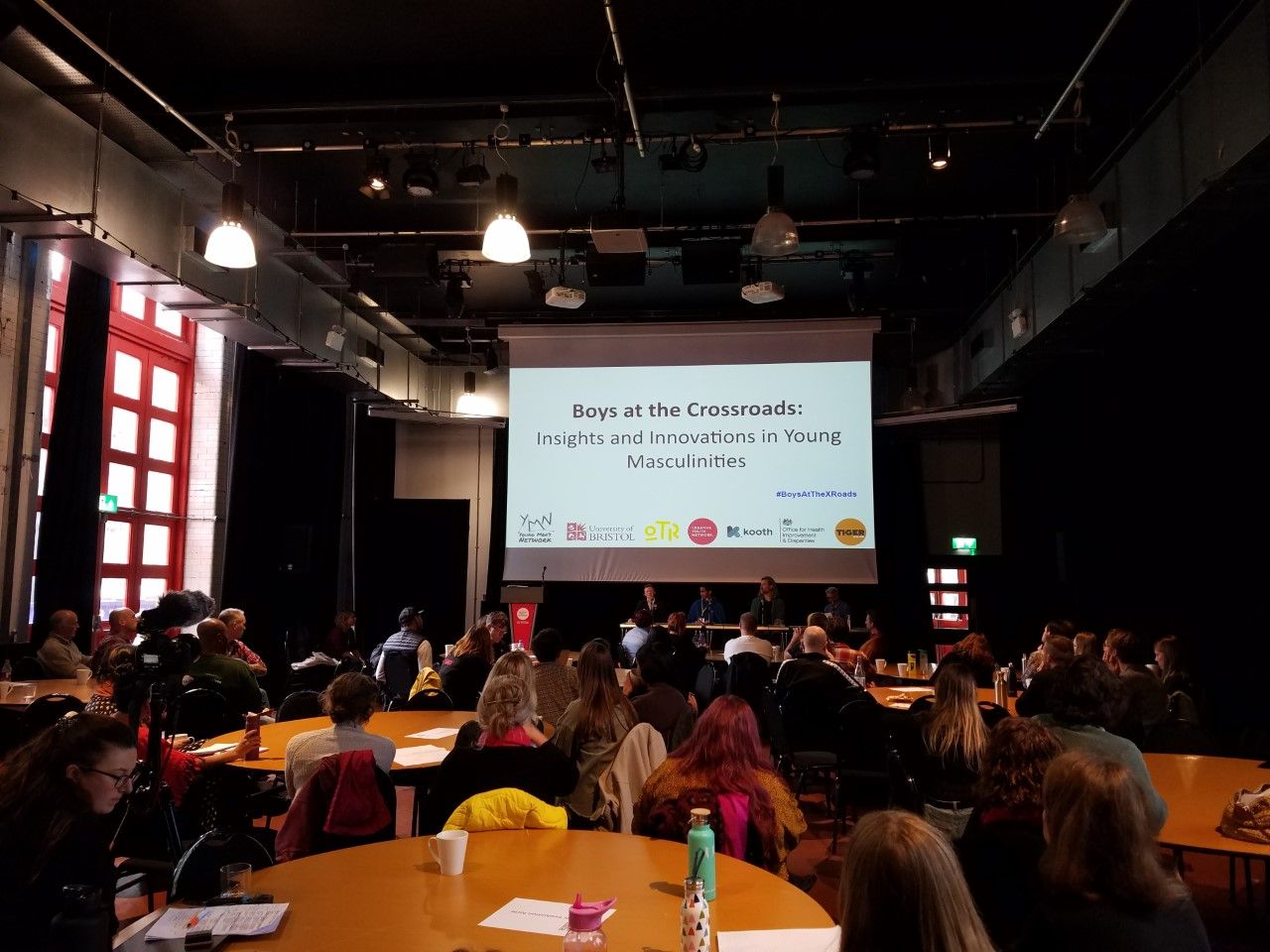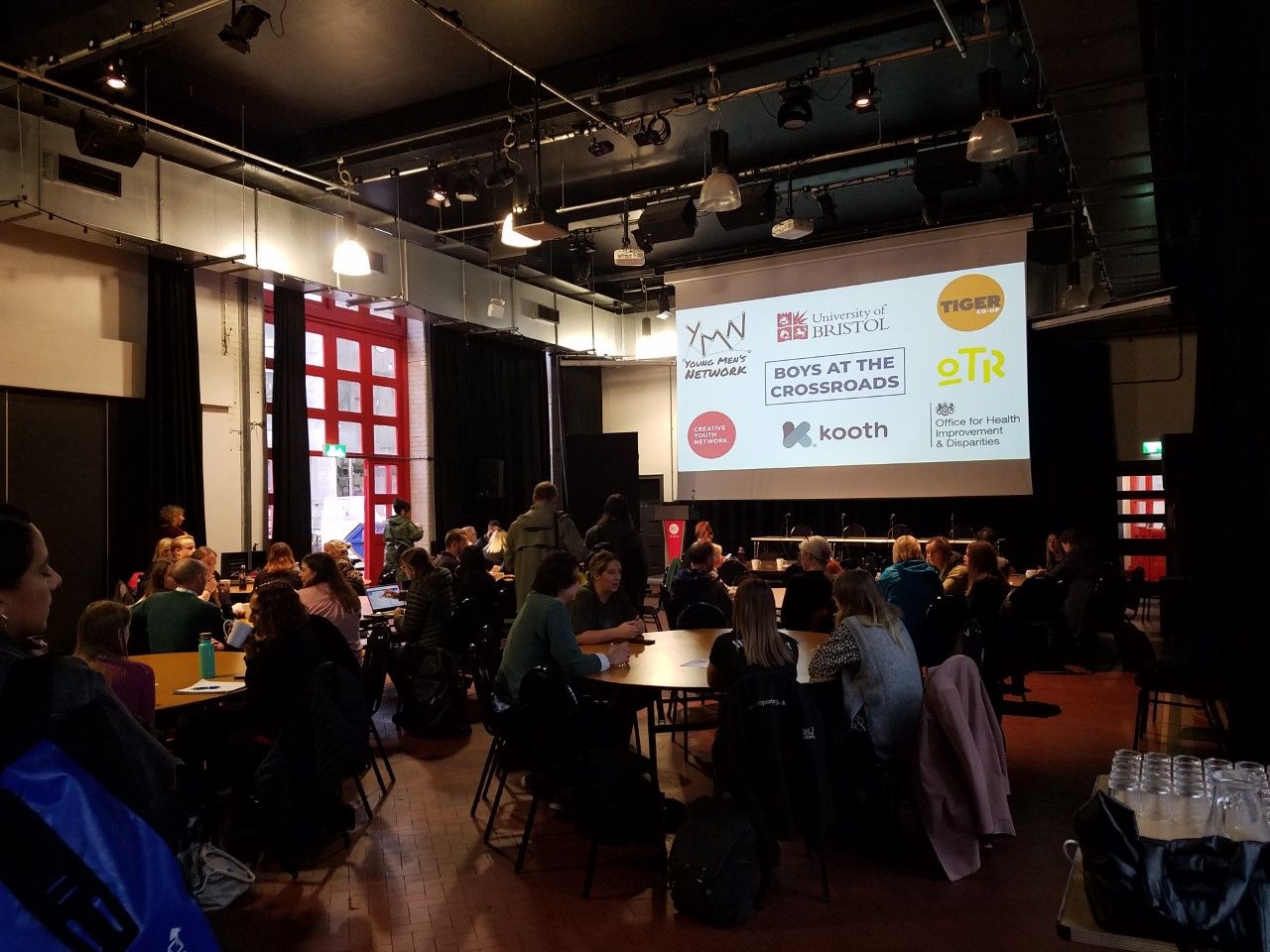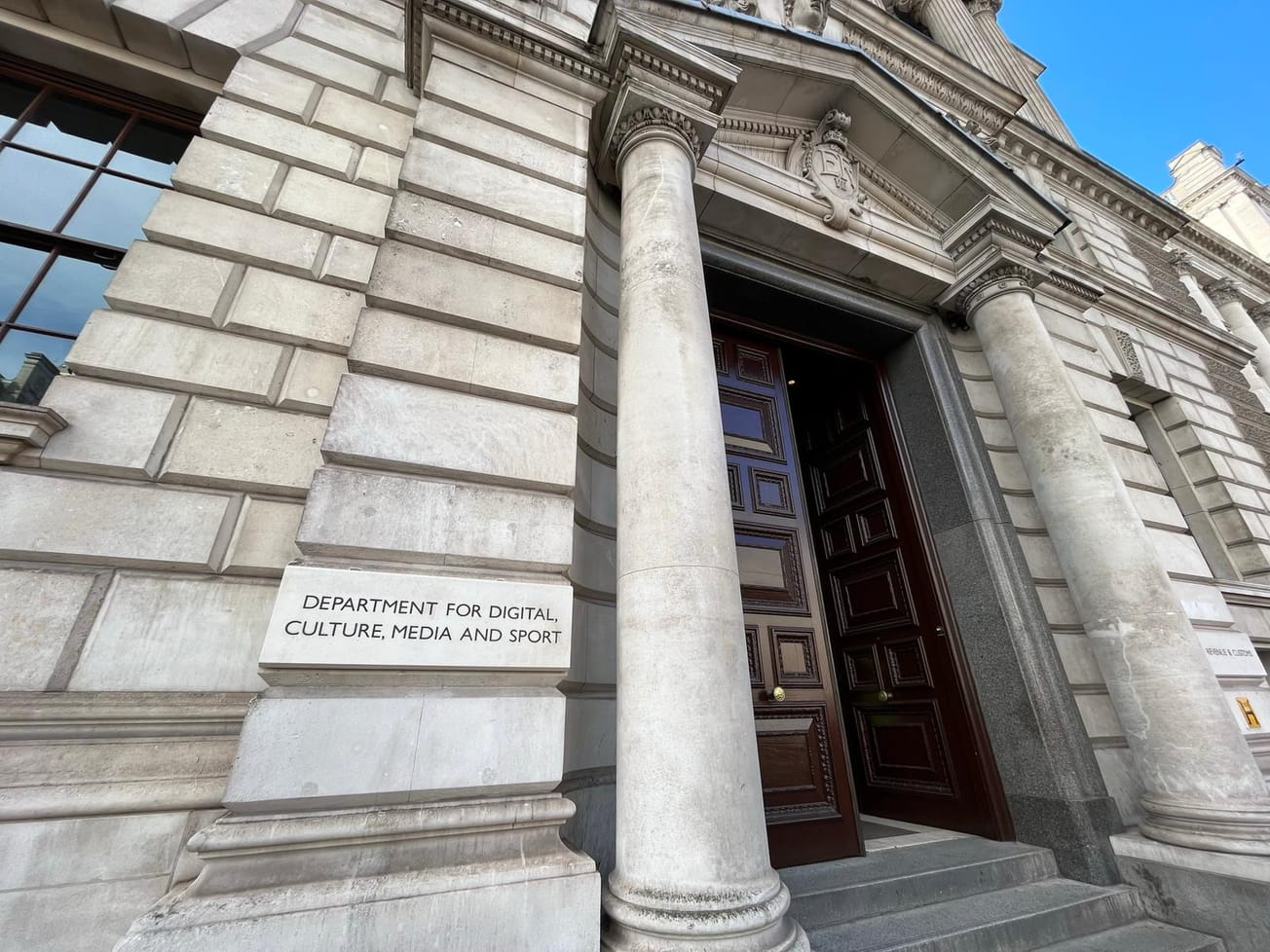By Cristina Pinuaga, Third Year Law
Boys at the Crossroads: Insights and Innovations in Young Masculinities, a multidisciplinary conference event, was held by Bristol Young Men’s Network, alongside University of Bristol researchers and several other organisations, to discuss the impacts of masculinity, violence and mental health on boys and young men. Encouraging critical and practical responses to young men's experiences, the event focused on approaches to tackling male violence and toxic masculine norms that impact people of all cultures, ages and genders.
Epigram attended a discussion led by Let’s Get Angry!, an organisation that provides people with a safe space to express their anger without feeling judged or shamed. Professionals who work with young men in sectors like the prison system, social services and schools filled the room to share their experiences. Keynote panellists in attendance included Finn Mackay, sociologist and radical trans-feminist campaigner and Daniel Guinness, managing director of Beyond Equality, a charity working with young men to create safer and equitable communities.
#BoysattheXRoads Last Friday we were at this amazing conference in Bristol. What struck me was that across the board, a core tenet of people's work was empathy and compassion - whether trying to get young men to join a mental health support group, football club, 1/2 pic.twitter.com/PIDcPPMK2q
— Beyond Equality (@Beyond_Equality) October 19, 2022
‘All behaviour is communication’—the discussion opened with the notion that humans are intentional beings, whether rational or not, and every expression of behaviour has a purpose or explanation. For young men, anger can often be trivialised and disregarded, viewed as a hollow and inconsequential release of testosterone with no coherent meaning behind it. Instead, Let’s Get Angry! drew attention to how these expressions of anger and rage are frequently a product of years of internalised trauma without any productive outlet.
The conversation centred on the dichotomy between masculinity and mental health faced by many young men during their formative years: on one hand, anger is presented as the only legitimate ‘manly’ expression of emotion, permitting a much-needed release without seeming weak or vulnerable. Yet the issue that anger exists within a culture of shame, also problematised and penalised, was voiced throughout the event. Let’s Get Angry! Highlighted that this conflict can lead to a cyclical repression of emotions until eventually, Pandora’s box bursts open.
Quoting Bola, Let’s Get Angry! summarised men’s relationship with anger: ‘Men are socialised into violence and aggression to the point that by adulthood aggression is the lingua franca for their experiences.’ They posited that anger and violence are so deeply attached to the archetype of manliness—what it is to be a man—that eventually, this overarching tendency to assume that anger is the only acceptable expression of emotion renders the acknowledgement and processing of their emotions pointless.
20th episode of #NowandMen out today! This is a special one, recorded live at #BoysattheXRoads and brilliantly chaired by Yaz Brien. @SandyRuxton & I reflect on the role podcasts can play in engaging with men and boys about masculinity and gender equality: https://t.co/6iqpt1KUz3 pic.twitter.com/LjGxpjOw8m
— Stephen Burrell (@the_daily_panda) October 21, 2022
The conversation would have been incomplete without a consideration of the impact of male emotional turbulence upon relationships and wider social structures. Anger is a double-edged sword, argued attendees: it can also be wielded by men to perpetuate male privilege and sustain power, especially at the expense of women and other genders, whilst further undermining their own entitlement to vulnerability.
The event closed with a panel discussion of questions from attendees, with professionals giving their overarching insights. One contribution concerned the appeal of masculinity’s harmful effects, particularly to boys in their formative years, referring to the recent surge of conservative and traditionalist ideologies spearheaded by internet personas such as Jordan Peterson and Andrew Tate.

Recent years have also witnessed the rise of ‘incel culture’, a movement pioneered online and predominantly amongst young men, that seeks to blame women for the social battles faced by men, such as a lack of sexual intimacy, job security or social competency.
Daniel Guinness, managing director of Beyond Equality, highlighted that there is no ‘Real power’ in the financial and structural power men collectively enjoy in society. In a period marked by financial struggle and political instability, Guinness claimed that the ‘Imagined past’, the old trope of ‘When men went to war and women were in the kitchen’, provides the comfort and stability that men’s actual reality cannot deliver. And ultimately, it’s people like Peterson and Tate who sell this idea.
Nonetheless, the overall message of the closing panel was one of hope and change. Organisation representatives and academic panellists alike reiterated their aim to uplift young men in our communities, who have been failed by a system that implicitly or explicitly seeks to keep them angry, emotionally stunted and isolated.
No Means No—Bristol SU shares results of consent culture and sexual harassment research
BFI Presents: Close, a raw coming-of-age depiction of queerness and masculinity
The attendees were left with a final word of encouragement to check in on their friends, relatives, and the men around them who might be suffering in silence, without the resources to access the help they need. Students, now more than ever, are suffering from the consequences of lockdown’s legacy—isolation, social anxiety, detachment—and may be at a heightened risk of falling victim to the trappings of toxic masculinity.
Perhaps then, the most valuable takeaway from the event was the message that to effect social change and work towards gender equality, we must begin with an open conversation around the structural frameworks that enable such harmful social norms.
Featured Image: Young Men's Network Bristol
Should we be doing more to tackle toxic masculine norms?









